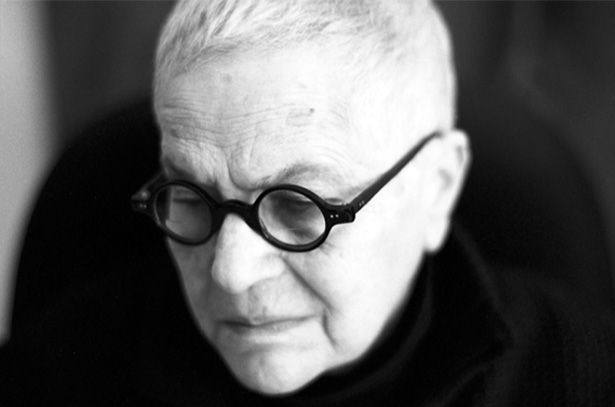Hauser & Wirth presents ‘Mercy Hospital’, a collection of drawings by Ida Applebroog executed during a period of intense introspection in 1969 and 1970. Discovered by Applebroog’s studio assistant in 2009, these deeply personal works on paper are now considered to anticipate the artist’s painting and drawing practice – disconcerting scenarios that address the politics of power and sexuality – that brought her notoriety in New York in the 1970s. In 1969, Applebroog was struggling with her mental health and became increasingly withdrawn from the world; the drawings helped negotiate her return. As scholar Jo Applin remarks, ‘The Mercy Hospital drawings allowed her to draw herself back to life, back to herself, leading from catastrophic breakdown to a creative, personal and political breakthrough.’ Not only does this body of work serve as a record of the visual vocabulary of psychological crisis, but also belongs to the long history of art created at a moment of ‘breakdown’, a period very often linked with creative ‘breakthrough’. ‘Mercy Hospital’ was first shown at the Institute of Contemporary Art, Miami FL in 2016 where it was accompanied by a catalogue featuring an essay by Applin.
The Mercy Hospital drawings combine black india ink, pencil, watercolour and pastel. Some are figurative, featuring the naked body or limbs, whilst others are more abstract. Throughout the drawings, a recognisable framework of motifs and forms develops: amorphous shapes interlock or tumble together, while embryonic beings and bulbous figures are protected (or restricted) by enveloping, rippling layers of matter. Many are annotated with questions, pleas and statements that load the works with additional readings, hinting at the artist’s fragile state of mind. For example, in one of the watercolour works an indistinct form seems to cry out from within the orange, pink and green mass that encloses it. Scrawled around it are the words ‘whoops! It’s that time again… bye’. In a pastel sketch, a discombobulated tower of soft shapes teeter on the edge of the paper. The annotation reads: ‘OVER THE BRINK’ In one of the sparse ink drawings, delicate black lines bleed and seep into the paper, perhaps indicating a slow hand. A small note says ‘hey, wait for ME!’. A sense of disorientation and isolation underpin the Mercy Hospital works, but Applebroog’s sharp wit and stark way with words repeatedly resurface.
The artist’s various names also appear throughout the drawings, as if she was re-establishing her existence through writing. We see her married name, ‘Horowitz’, and her maiden name, ‘Appelbaum’. During her most intense period of withdrawal, Applebroog was unable to pronounce her own name, only managing ‘Applbrrr’ which she would endlessly repeat and write down. A few years later, the artist formally renamed herself ‘Applebroog’ choosing to reject the convention of honouring the husband’s family in the wake of her newly found feminist consciousness, and also paying tribute to the period of immense darkness she had just fought through.
























